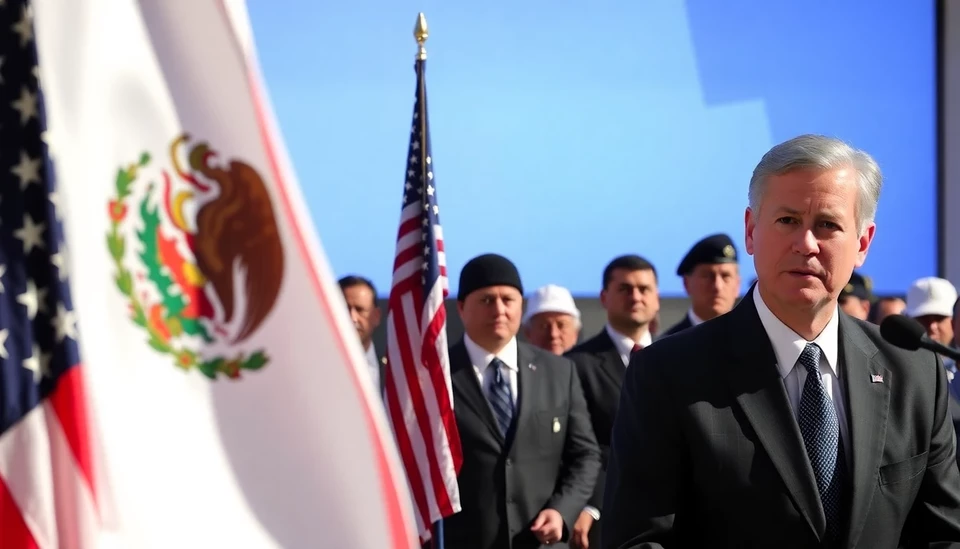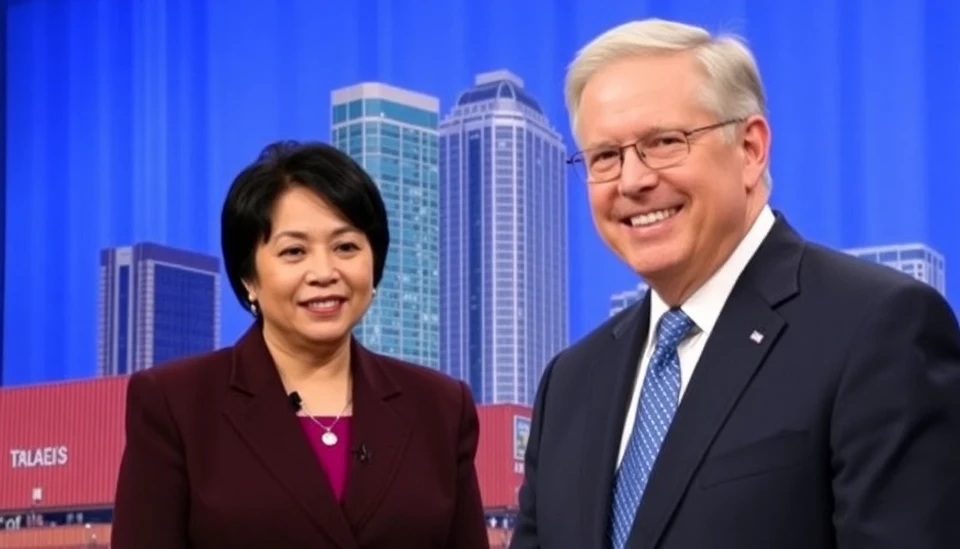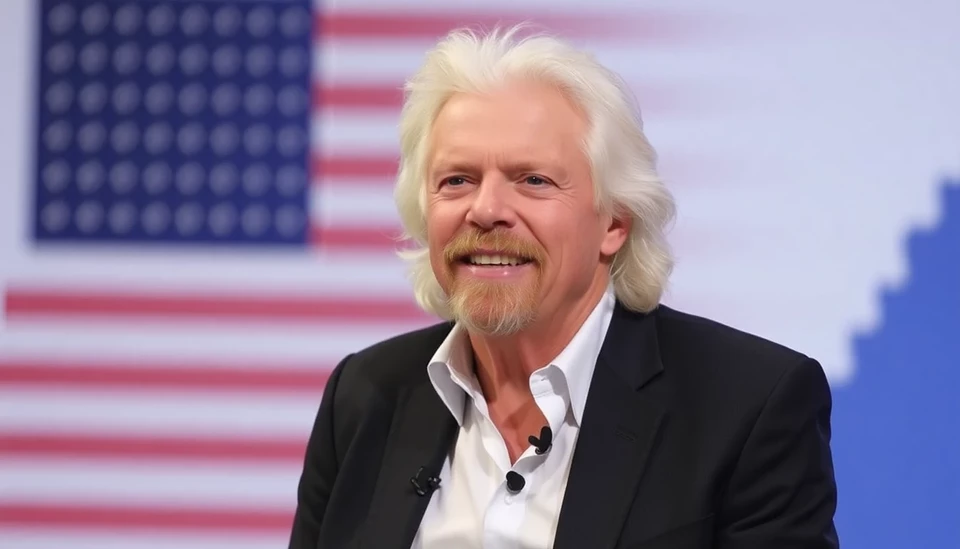
In a significant development in U.S.-Mexico relations, U.S. Trade Representative Katherine Tai has expressed serious concerns regarding Mexico’s recent reforms to its judicial system. This overhaul, which some view as an essential step towards modernization, has raised red flags for American trade officials who fear it could impact the stability and predictability of the investment environment for U.S. companies operating in Mexico.
During a recent industry forum, Tai emphasized that the proposed changes could potentially disrupt the judicial mechanisms that underlie commercial disputes. She highlighted that U.S. businesses heavily depend on a functional and reliable legal framework in Mexico to safeguard their investments and to ensure fair treatment under the law. The uncertainty stemming from these reforms could deter foreign investment, which is crucial for economic growth in the region.
Tai's remarks came in the context of broader discussions about the urgency of maintaining robust economic ties between the United States and Mexico amidst evolving geopolitical tensions and global supply chain challenges. The Mexican government is pushing for an expedited implementation of these judicial reforms, which proponents argue will enhance the efficiency and transparency of the legal processes involved in trade and commerce.
However, critics suggest that the rapid pace of the changes may lead to vulnerabilities, including the potential for political interference in legal proceedings. Tai pointed out that the integrity of Mexico’s judicial system is not only a matter of domestic concern but is also critical to maintaining the overall health of the trade relationship between the two nations.
As discussions continue, officials from both countries are urged to work collaboratively, balancing the need for reform with the essential requirements of foreign investors. U.S. businesses have historically been apprehensive about discrepancies in the rule of law in Mexico, and any further disruptions could exacerbate existing apprehensions. This situation calls for careful monitoring and a dialogue aimed at ensuring that the interests of all parties are considered moving forward.
In light of this context, Tai’s intervention shines a spotlight on the delicate balance that must be struck between necessary judicial reforms and maintaining a favorable environment for international trade and investment. Stakeholders on both sides of the border are called to engage in constructive conversations to address these pressing issues, with hopes for resolutions that will benefit both economies.
As the situation develops, it will be critical to observe how Mexico responds to these concerns, as well as any potential adjustments to their reform agenda that might emerge from continued dialogue with U.S. trade officials.
#USTrade #MexicoJudiciary #KatherineTai #TradeRelations #InvestmentClimate
Author: Rachel Greene




